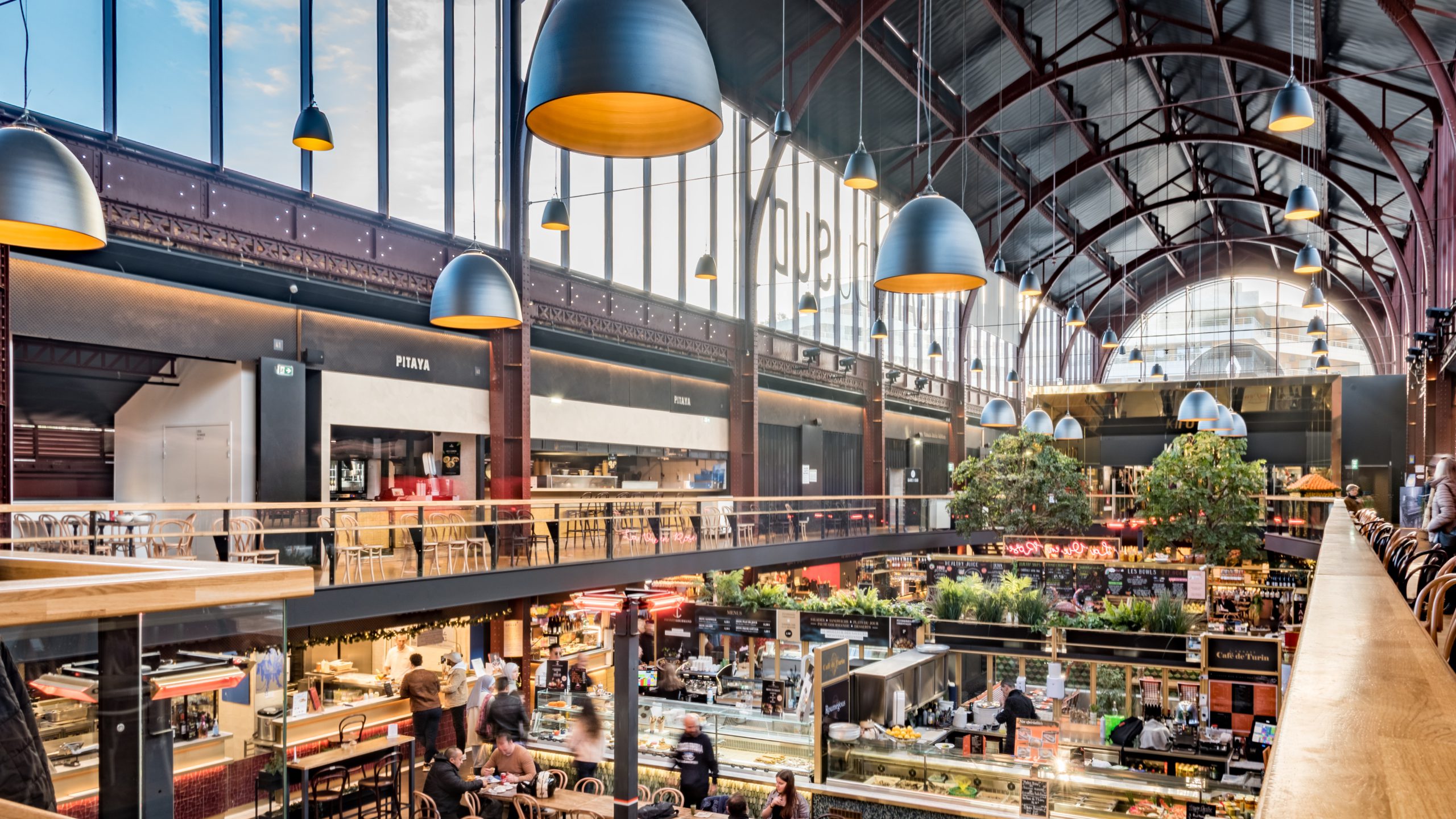In a period in which plastic packaging is at the center of the public opinion debate due to its negative impact on the environment, the search for technological solutions aimed at improving the eco-sustainability of products on the market is of primary importance.
With this in mind, Proplast participated in the European project Newpack – Development of new Competitive and Sustainable Bio-Based Plastics (Horizon 2020), which deals with the development of new food, bio-based and biodegradable packaging based on PLA – PHB blends. .
As part of the project, a PHB grade was experimentally developed with which Proplast created compounds containing different percentages of nanochitin, a natural filler of animal origin whose particle size is in the order of nanometers. These compounds were then used to make films by means of cast filming.
From the results of the analyzes carried out, the PHB films have been shown to have relatively low oxygen permeability values, comparable to those of some polymers of fossil origin commonly used in food packaging. The addition of nanochitin in relatively low quantities resulted in a significant improvement in the barrier properties, while increasing contents do not lead to a further improvement of this property.
This result will allow the creation of biodegradable food packaging, able to guarantee an increase in the shelf life of products, thanks to their lower oxygen permeability. Furthermore, according to experimental tests still in progress, it seems that nanochitin determines a second positive effect, that is, a greater speed of disintegration into packaging compost.
In conclusion, possible developments of this work could lead to the creation of packaging that is not only completely bio-based but also with superior biodegradability in compost, whose oxygen barrier properties allow to significantly increase the shelf life of the food products it contains.
Alice Bettozzi, Proplast.
Proplast thanks the Foundation for its contribution
